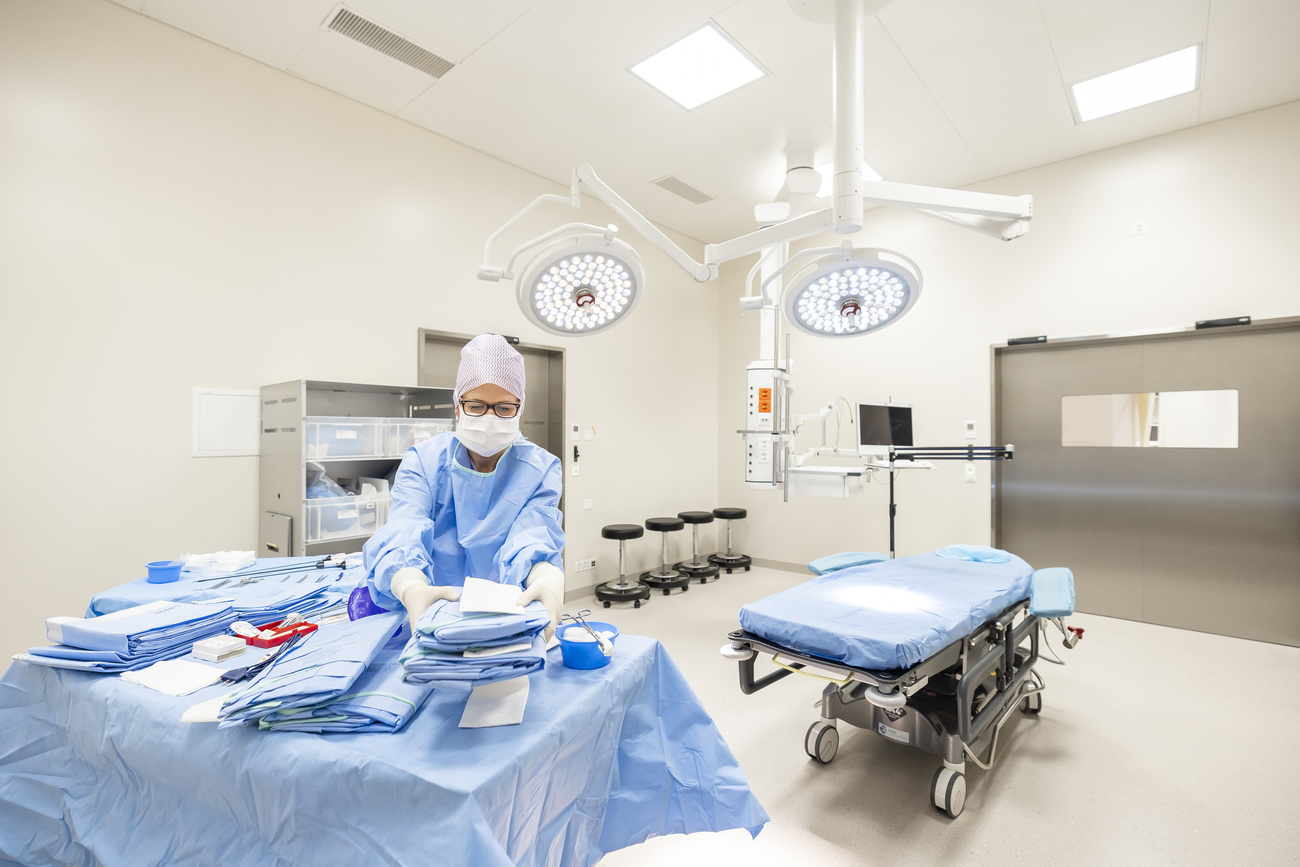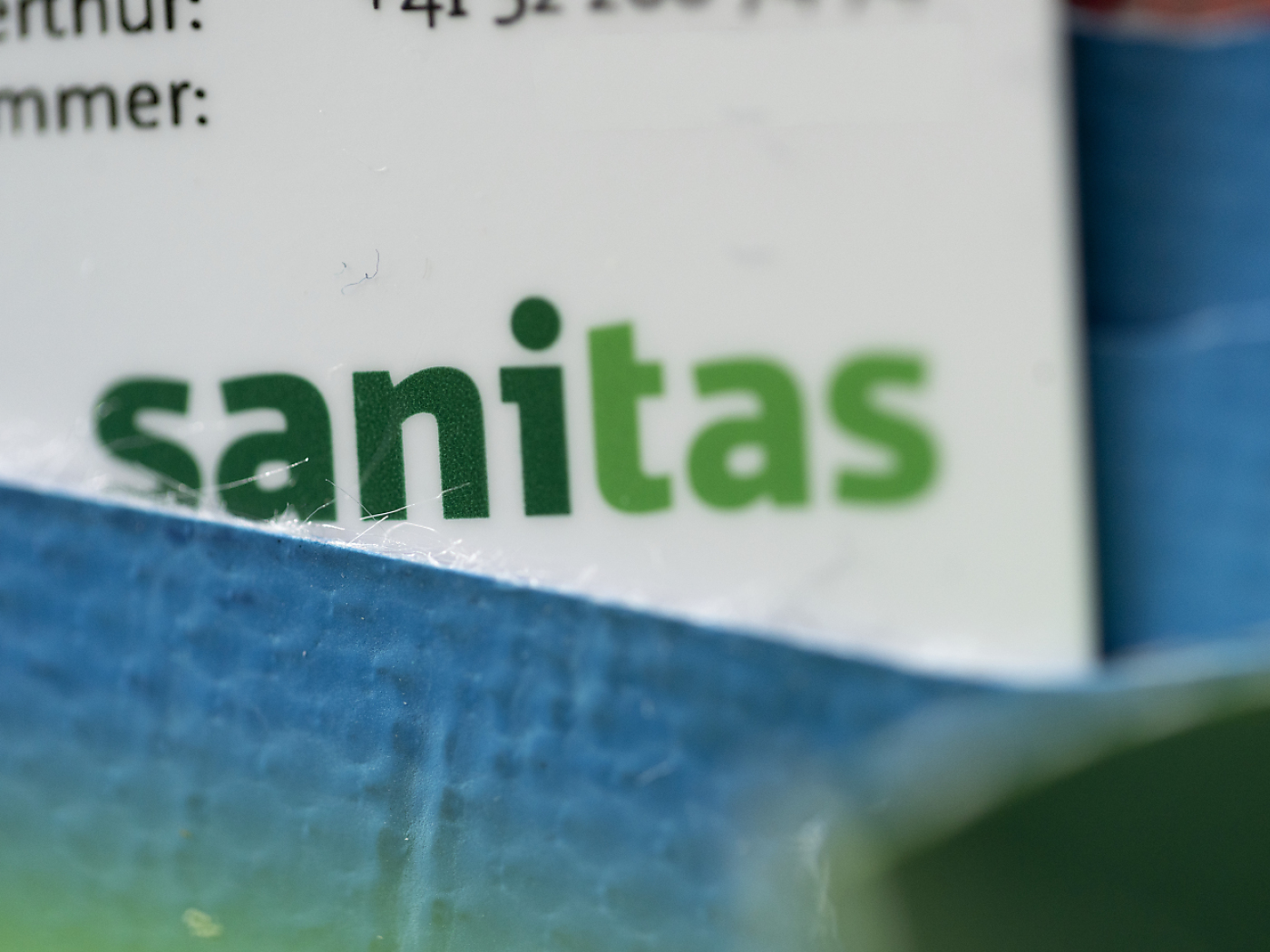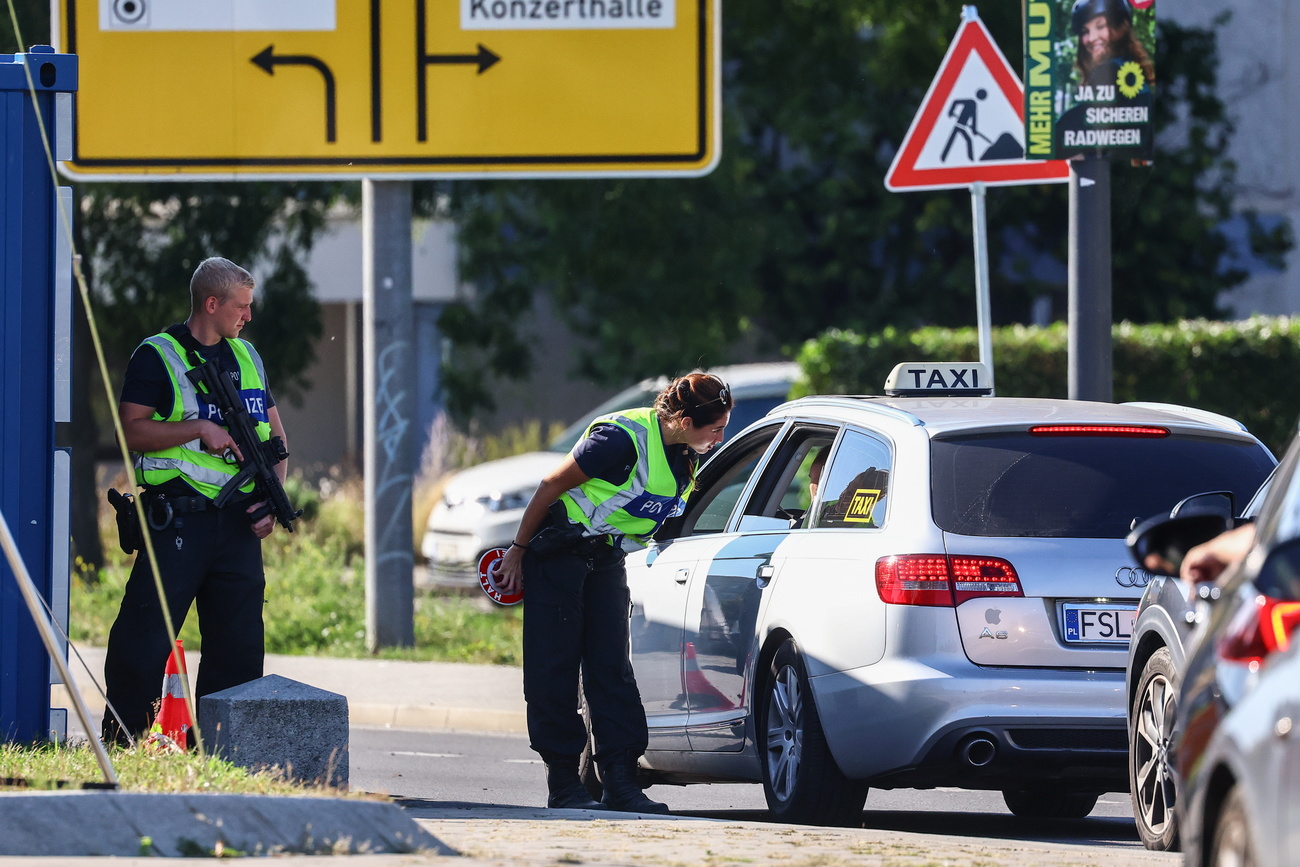‘Rituals don’t matter. What matters is doing good’

Ferdinand Muheim sings Cossack songs, belongs to the Russian Orthodox church, has received medals from the hands of top-ranking Russian dignitaries, and as a grass roots ambassador does his utmost to bring Switzerland and Russia closer.
On the road up to Muheim’s home village of Andermatt, half way to the St Gotthard pass, the famous Devil’s Bridge across the Schöllenen Gorge is shrouded in thick, cold fog. The mountains are invisible. The river Reuss is roaring over the rocks below. There’s an 18th century feel about the whole place.
The concept of so-called “grass roots diplomacy” is gaining in popularity: it’s when ordinary people try to bring countries and nations closer together. Muheim is the personification of a grass roots diplomat. Having been waiting outside in the chilly air, he leads the way to the hot wood stove inside the recently opened “Bären” restaurant.
“Privet,” he says in Russian, and with the greeting any awkwardness disappears. “I’m just back from [the southern Russian spa town] Kislovodsk,” he says, adding by way of explanation, “I needed to lose a bit of weight.”
Cossack type
It’s hard to put one’s finger on it, but anyone meeting him for the first time cannot fail to notice that he has something of the southern Russian type about him, something of the Cossack. The luxuriant moustache, the smile that lights up his friendly face, his strong, stocky build really do put one in mind of the heroes of And Quiet Flows the Don, the great epic about the Don Cossacks written by Nobel prize winner Mikhail Sholokhov.
But Muheim is Swiss through and through. He was born in Andermatt in 1951. After six years in primary school, then two years in secondary school, he studied for two years at the business school in Estavayer-le-Lac in western Switzerland, so he speaks excellent French. In addition, he spent three years learning the trade of butcher and greengrocer, and two years at the Swiss Institute for Entrepreneur Training in Zurich, the SIU.
“I come from Andermatt, and this is where my roots are,” he says. But he knows the outside world as well. He lived abroad for a year, as executive director of the Swiss Centre in London, providing information about Switzerland. Andermatt may be out in the sticks, but it is special. The town is a bridge between southern and northern Europe, between the German and Italian speaking parts of the country.
In 1799 the troops of Russian general Alexander Suvorov passed through the village, and since that time the surname “Russi” has been quite common in this part of Switzerland. The huge cross carved into the rock in 1899 (thanks to efforts of Russian enthusiasts to mark the centenary of the great general’s Swiss campaign), turned out to be the key which opened Russia – both the country and the culture – to Muheim.
In 1985 he took over his parents’ butcher’s shop, the “Metzgerei Muheim Andermatt”. Then he was elected to the village council, and from 1996 to 2002 was its mayor.
“We have a lot of international links here,” he explains. “We are twinned with villages in Japan. I’ve been there myself several times. But we have always been aware of the importance of the Russian presence. At that time it was still the Cold War, don’t forget. But I knew that I, as a Swiss, could open doors that were closed to others.”
‘They are our friends’
As mayor and member of the council, Muheim was personally responsible for ensuring that the monument to Suvorov and his troops, the cross carved in the cliff face by the famous Devil’s Bridge in the Schöllenen Gorge, was kept in a proper state of repair.
He travels regularly to Russia, mainly of course to Moscow. And for more than 20 years now, thanks to him, the Swiss town of Andermatt has had close ties with the town of Taldom, in the northernmost corner of the Moscow region.
Thanks to Muheim, every year schoolchildren from there get a chance to come for a holiday in Switzerland, to breathe the clean mountain air, marvel at Andermatt’s surroundings and touch the living traces of history.
“I wanted to stand godfather to a little boy in Taldom, but they told me that you have to belong to the Orthodox church to do that,” he explains. “So I got baptised as an Orthodox. I have a spiritual adviser, and everything you are supposed to have. In the end, rituals are not so important. The main thing is to want to do good.”
But life does not stand still. The Egyptian investor Sami Sawiris is currently building a huge tourist complex in Andermatt. “I’ll be very pleased if the people who buy the new chalets and flats include some Russians,” he says.
He is very well aware that the project will have a major impact on what has up to now been a rather sleepy village. But he welcomes the changes. “Of course everything will be different, but for us it is a huge success that the project turned out to be possible. And if more Russians come, so much the better!”
Politics? No!
Muheim’s shop is one of the main businesses in the centre of the village, and it’s how he earns his living. He owns it, and it pays not just his own livelihood, but also for the implementation of his social projects.
Inside the shop are Russian flags and two medals behind glass. Muheim is particularly proud of them because basically Switzerland doesn’t have such medals. The first, presented to him at a ceremony in the Russian embassy in Bern in 2001 by none other than the Patriarch Alexey II, was awarded for his work on the Suvorov monument.
The second, the Order of Friendship, is the highest that can be given to a foreigner: it has to be approved by the Russian president himself – at that time Vladimir Putin. He received it in 2006, at the hands of Foreign Minister Sergey Lavrov, for his work in promoting Swiss-Russian friendship.
Vodka from Russia stands on the counter. The items he sells in his shop are made of local products, something his customers greatly appreciate. And they know all about his links with Russia. “He’s our local Russian,” they joke, and when they visit his shop they are happy to see it not just as an ordinary butcher’s, but as a gateway to a strange and surprising world.
And what about a return to politics? Muheim shakes his head. “No, I won’t go back into politics. And actually it’s a problem in Switzerland: not many people are willing to get involved in local politics, because it’s a lot of work, and you don’t get paid for it.”.
Then he says after a moment: “I’ll be retiring soon, and I shall move to Russia. Just pick up sticks and go. To the Volga.” He points to a number of photos showing the boundless expanses of the Volga region with unbelievable sunsets.
“Almost all my friends are in Russia,” he adds.
Outside the shop, he points to the modest wooden house across the street. “That’s where I live.” The air smells of the snow from the pass from where, if you try hard enough, you can see the whole world.
(Translated from Russian by Julia Slater)

In compliance with the JTI standards
More: SWI swissinfo.ch certified by the Journalism Trust Initiative








You can find an overview of ongoing debates with our journalists here . Please join us!
If you want to start a conversation about a topic raised in this article or want to report factual errors, email us at english@swissinfo.ch.